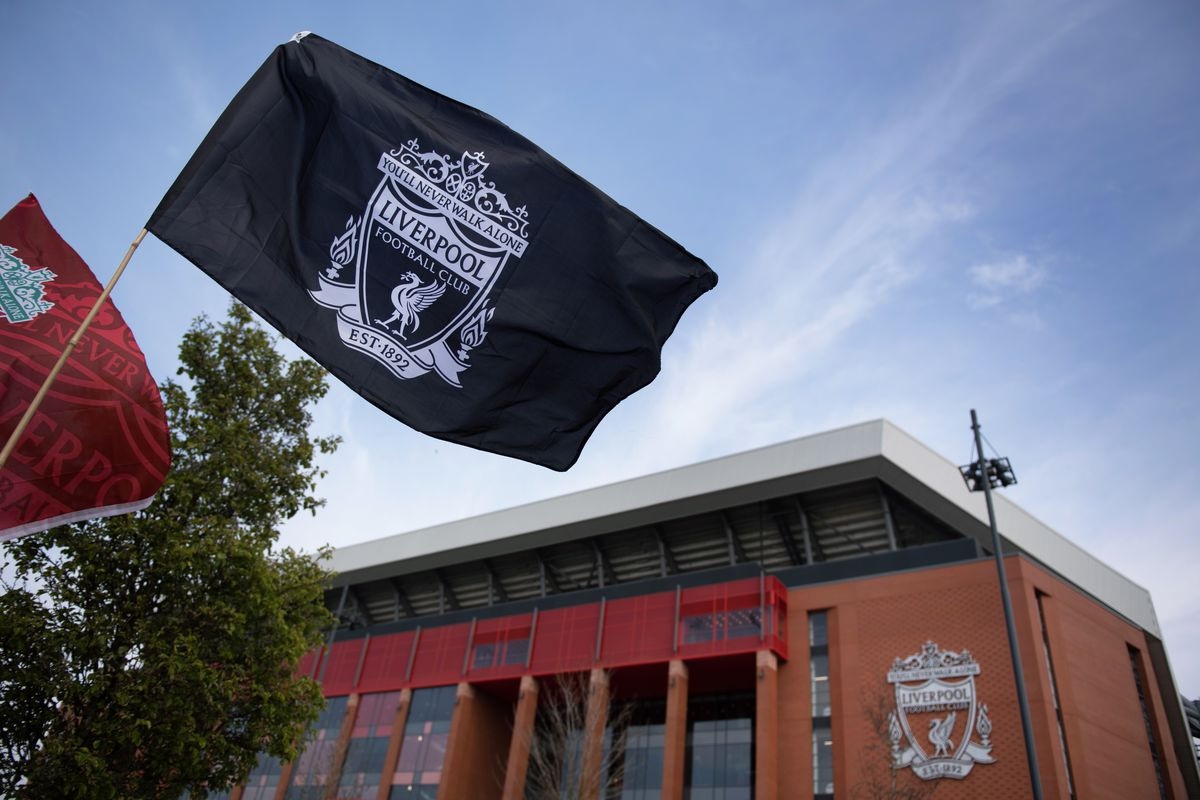It’s been a trying time of late for Everton Football Club.
Buy Last Minute Tickets to the UEFA Champions League Final!
Although there is the move to a new stadium to look forward to, the apparent mismanagement of the club has left a potential takeover by 777 Partners hanging by a thread.
Were any takeover to end up not being completed, it would almost certainly impact heavily on the club and its ability to move forward on and off the pitch.
The cost of the new stadium will remain a millstone around the necks of those at the club unless things can be put on an even keel.
Everton will lose out on Ross Barkley
Despite being deducted points for their financial problems last season, Sean Dyche performed something of a miracle by being able to keep the Toffees in the Premier League.
In order for the side to have a reasonable chance of not having to go through another season-long relegation scrap, it’s obvious the manager needs some reliable exponents in his squad.

It’s believed that he wanted to secure a switch for Everton old boy, Ross Barkley, however, there’s a frustrating reason, according to Football Insider, why the likelihood is the attacking midfielder will sign for Unai Emery at Aston Villa instead.
Everton will need to sell players before they can bring any new faces in, and that will clearly leave Dyche with a huge predicament ahead of the new season.
Improvements need to be made in various positions, but if there’s no money available to be able to do just that, and the movement of players out of Goodison Park isn’t flowing in as timely a fashion as the club would like, it represents a real problem for Dyche and his backroom team.
There’s only a finite amount of times that he can work miracles with what he has available, and relegation could soon become a reality for the club if nothing changes.




There is no fee, and the departure of 2 high salary midfielders should certainly leave enough room in the wage budget to bring in Barkley if that is the managers wish.